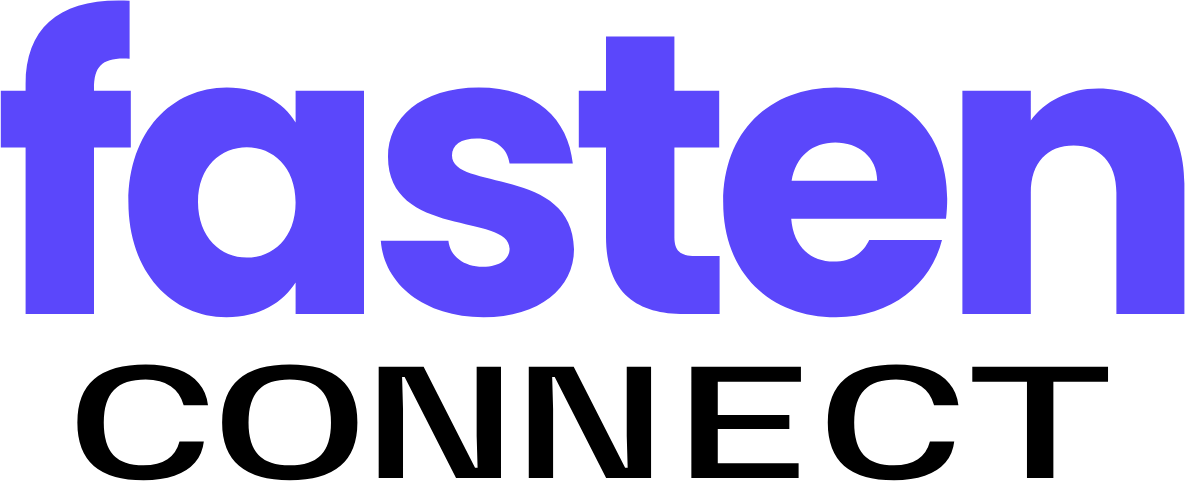Why does Fasten use JSONL files instead of FHIR Bundles?
Fasten supports exporting data in FHIR Bundle format, but we recommend using JSONL (also known as NDJSON) for several reasons:- Reduced Redundancy: FHIR Bundles often include redundant data structures. A Fasten-generated Bundle wrapper doesn’t provide any additional information compared to JSONL.
- Industry Standard for Large Exports: JSONL is widely used in the HL7 community for large FHIR exports, including bulk/population EHI export endpoints.
- Streamlined Processing: JSONL files are ideal for use with streaming JSON processors, which we recommend due to the variability in export sizes. Using a FHIR Bundle wrapper would make streaming processing either impossible or significantly more complex, depending on the programming language.
Is Fasten at risk of being shut down like other platforms that allow access to medical records for non-clinical use?
No, Fasten operates under a completely different legal framework compared to platforms like Particle Health, Health Gorilla and Metriport which act as on-ramps to the national health information exchanges (HIEs). Here’s why Fasten is fundamentally different:- Patient Access Rights: Fasten leverages patient access to their own medical information, a right established under HIPAA and reinforced by the Cures Act Final Rule. This ensures patients can access and share their records electronically with any app or platform they choose.
- Patient Consent: The process is built around patient consent. Patients log in via their provider’s patient portal and specify exactly which records they want to share.
- No HIE Dependency: Unlike HIE on-ramp platforms, Fasten does not connect to HIEs or rely on their networks. HIEs operate as walled gardens requiring HIPAA compliance and specific clinical relationships, which has led to issues like the Particle Health - Epic lawsuit.
- Information Blocking Protections: Blocking access to patient access APIs would constitute information blocking, which is strongly opposed by the ONC (now ASTP). These APIs are new (introduced in December 2022) and are designed to ensure patients have uninterrupted access to their data.

